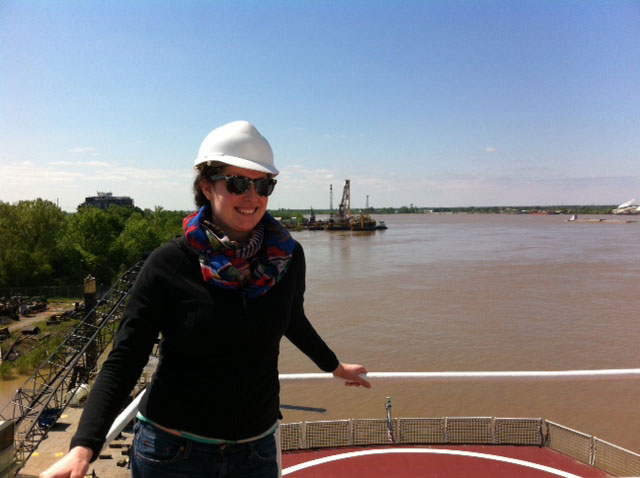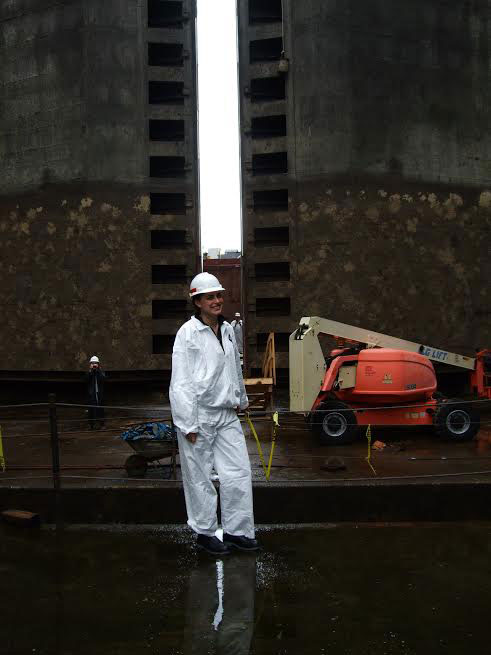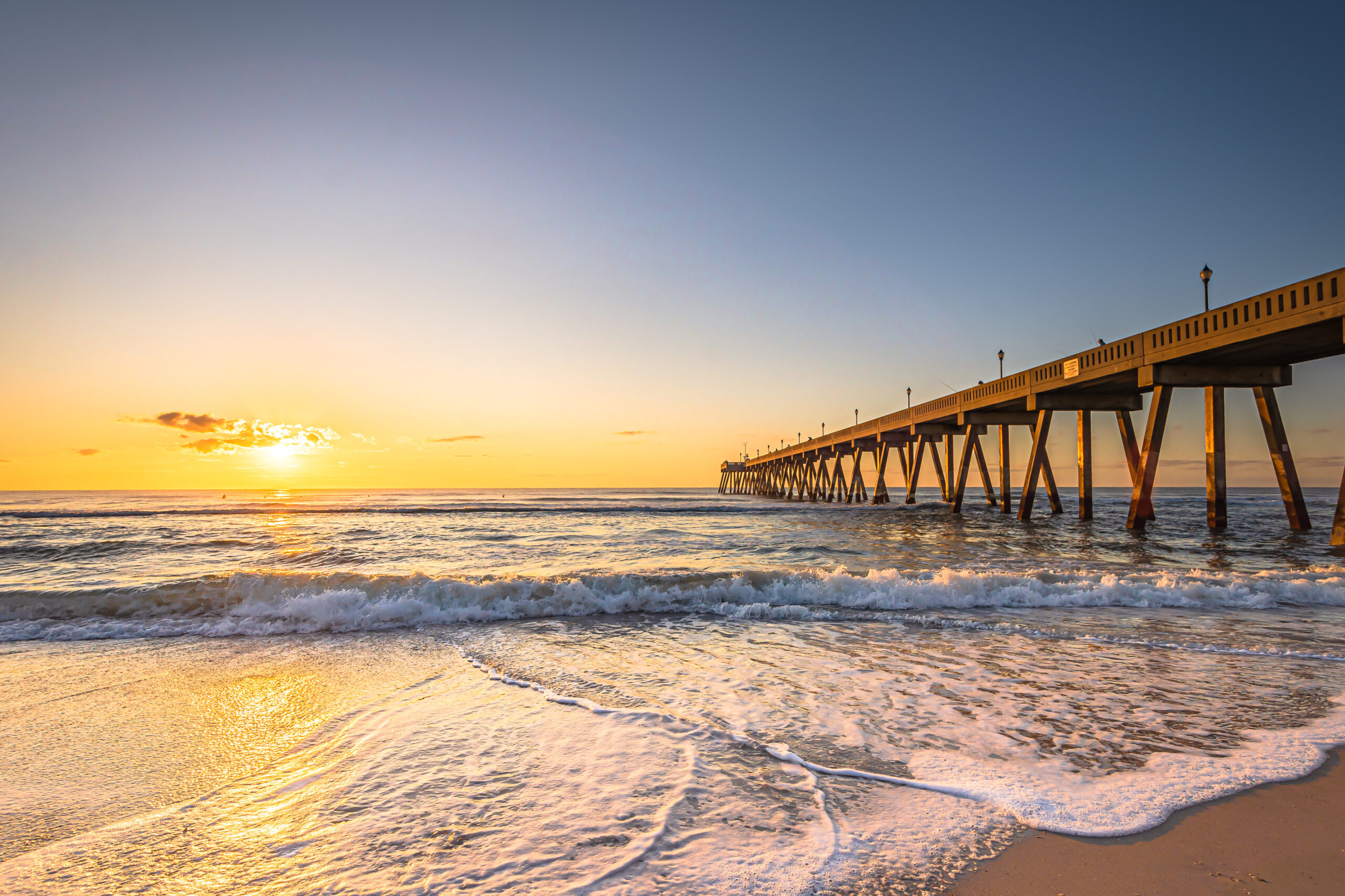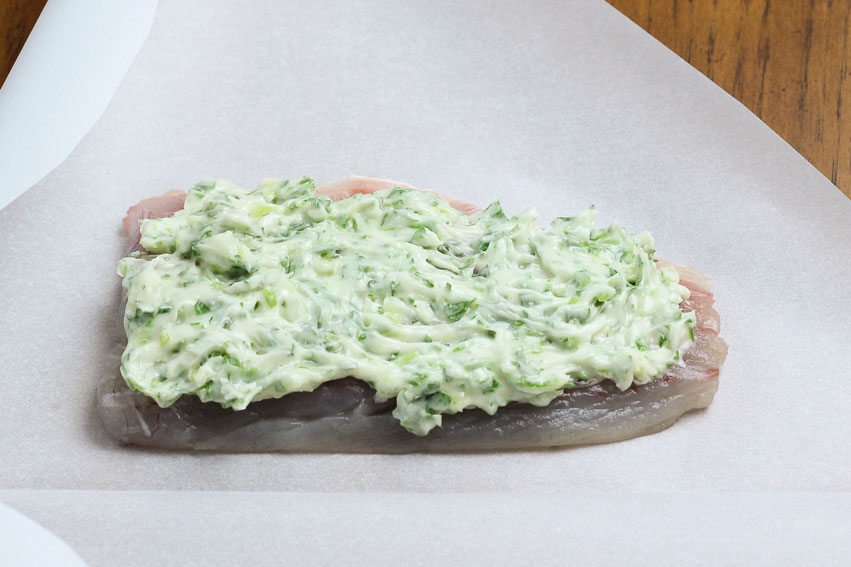Emily Vuxton is based in Washington, D.C., as a biologist for the Institute for Water Resources for the U.S. Army Corps of Engineers. The Corps also was her fellowship host office.
“I serve as a project manager and technical specialist on a number of coastal restoration and watershed management initiatives in my office. I also lead our student-hiring initiative in our office,” she says. “In my position, I frequently work with our stakeholders to promote our work and to see where we can work together to reach shared goals.”
She also is a junior editor for American Journal Experts, a company that provides English translation and editing services for non-English speaking researchers for work they hope to publish.
During her time as a Knauss fellow in 2012, Vuxton worked in the Engineer Research and Development Center, supporting the Corps’ navigation, coastal and environmental research and development initiatives. During her travel to Corps district offices, she visited some of the agency’s structures and facilities, including locks, dams, seawalls, jetties and ships from Portland, Oregon, to Baltimore. She also participated in conferences in Argentina and Tampa.
A native of Tallahassee, Florida, Vuxton earned her master’s degree in environmental management from Duke. She received her bachelor’s degree in zoology from the University of Florida.
The following interview has been condensed and edited.
Please share a highlight or an accomplishment from your time as a fellow.
I planned a national navigation research and development conference, which had more than 120 attendees. For this conference, I provided speechwriting for the then-NOAA chief of staff and gave a presentation myself. It was a lot of work but provided me with excellent project management skills that I now use daily.
How do you apply the experience and skills you gained as a Knauss fellow to your current position and overall career?
I use so many of the skills and experiences I gained as a Knauss fellow at my current position. I remained in the Army Corps after my fellowship and I continue to work with many of my former coworkers. I learn new things every day about my agency. During my fellowship, I learned about the practical challenges that our districts have, and I got to see the research and development that we conduct to solve these challenges. In my job now, as I move more and more into project management and interact with our field staff on a more regular basis, I use the knowledge that I learned as a fellow to inform my understanding of their missions.
What have been the greatest opportunities that have come out of the Knauss fellowship experience?
I was lucky enough to stay with my agency after the fellowship ended, which is by far the greatest opportunity that the fellowship awarded me. The fellowship also provided me a great network of contacts at other agencies and organizations that I use regularly.
Why would you recommend that others apply for this fellowship?
I loved my fellowship. I learned a lot, not only in my position, but from the other fellows and from Knauss alums. I recommend the fellowship all the time to students and I have reviewed a number of students’ applications for the fellowship. The marine policy community is surprisingly tiny, especially in D.C. The Knauss fellowship is a great way to interact with all of the organizations and folks who are a part of it. Becoming a Knauss fellow gives students a huge network that proves valuable for the rest of their careers.

What surprised you most about your experience as a fellow?
During the completion of my master’s degree, I wrote my thesis on watershed management in the federal government. I thought then that I had a good handle on how the federal government operated and why it made the decisions that it did. The longer that I work in the federal government — I previously had positions in the U.S. Forest Service and the National Park Service — the more I realize how much I didn’t know back when I was in graduate school. Natural resources management and policy is so different in practice rather than theory. I enjoy continuing to learn about these differences.
The shortlink for this article is http://go.ncsu.edu/h14vuxton.
This article was published in the Holiday 2014 issue of Coastwatch. See the other interviews from this issue here.
- Categories:



